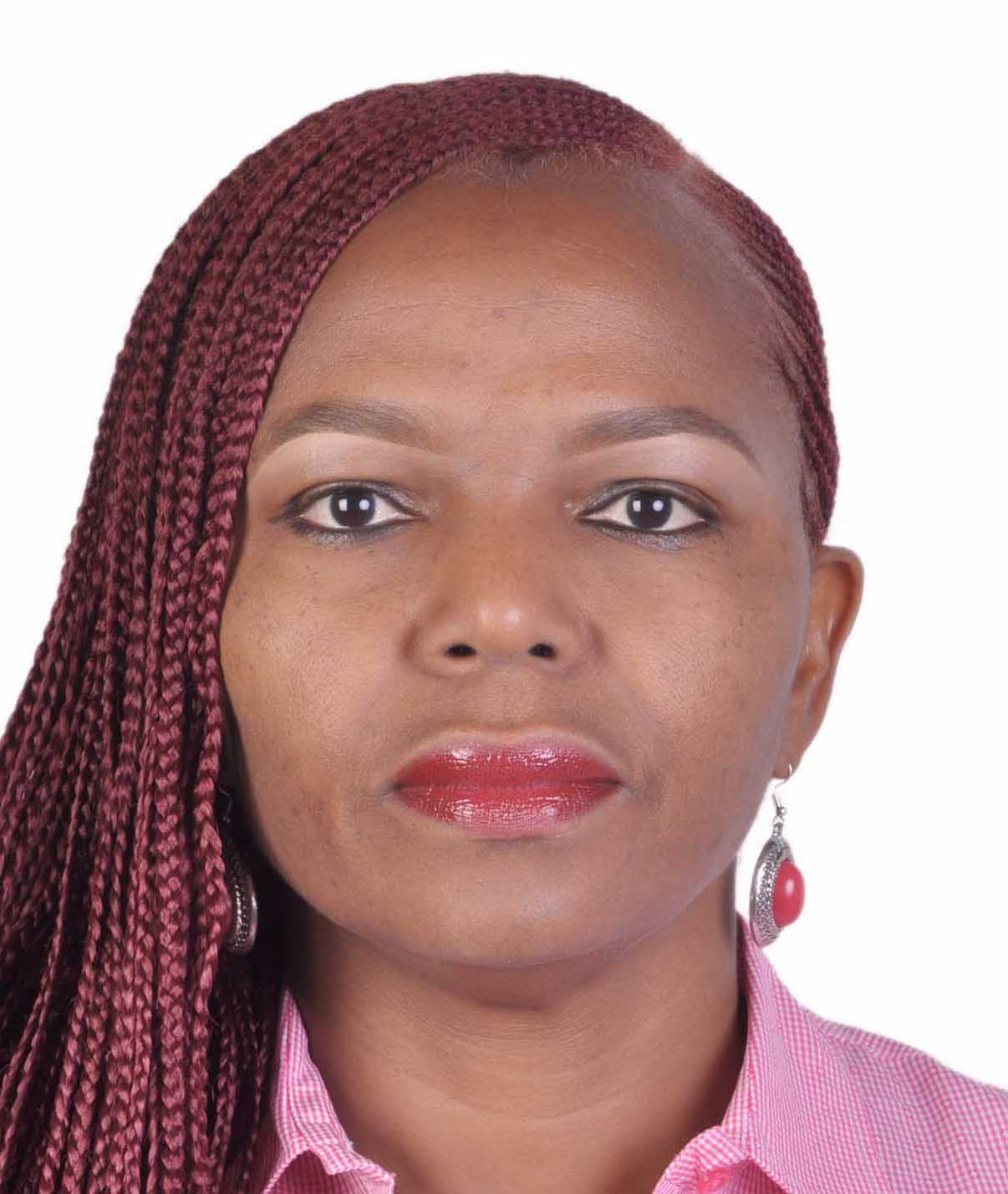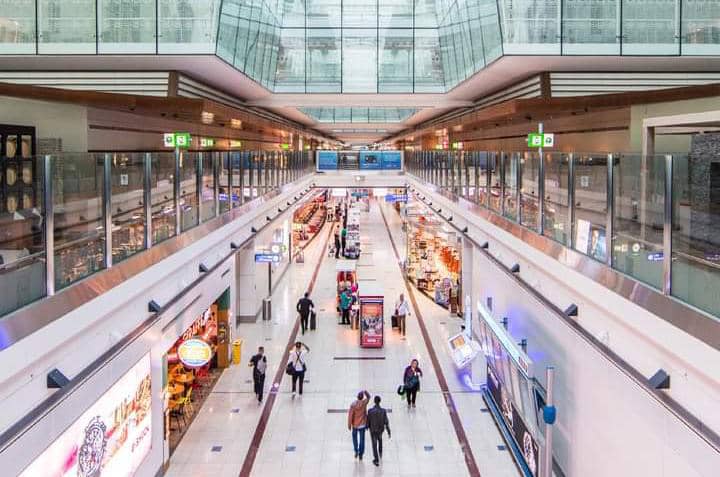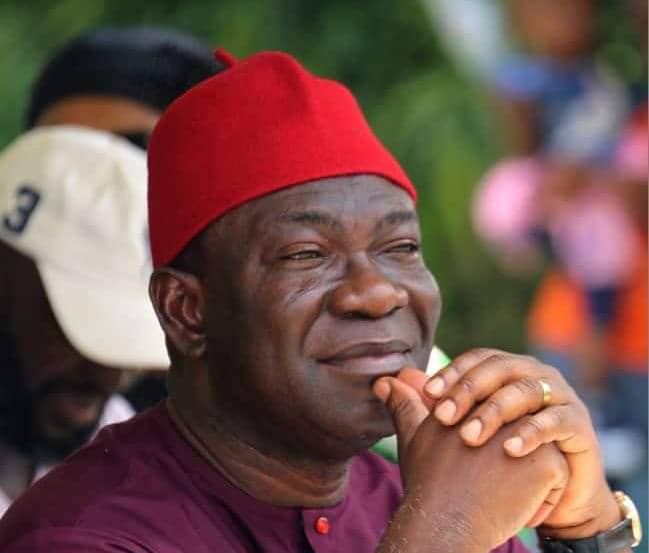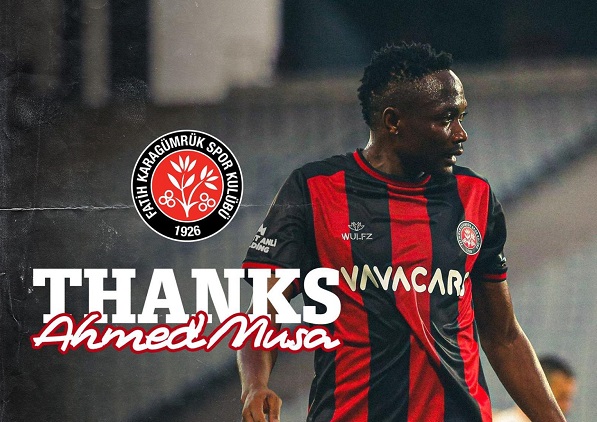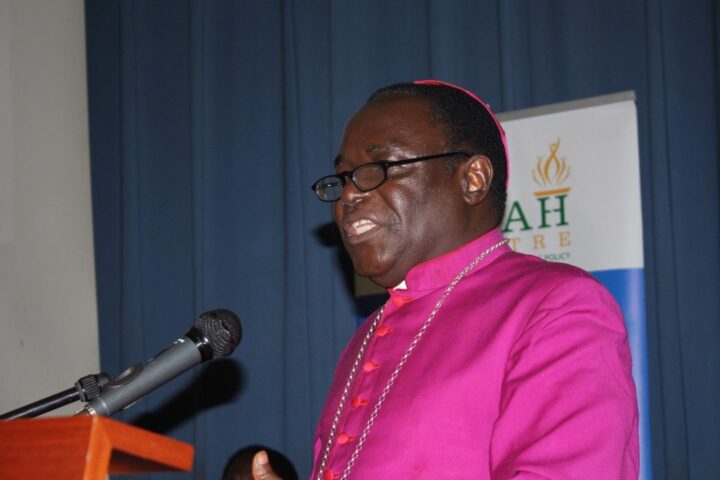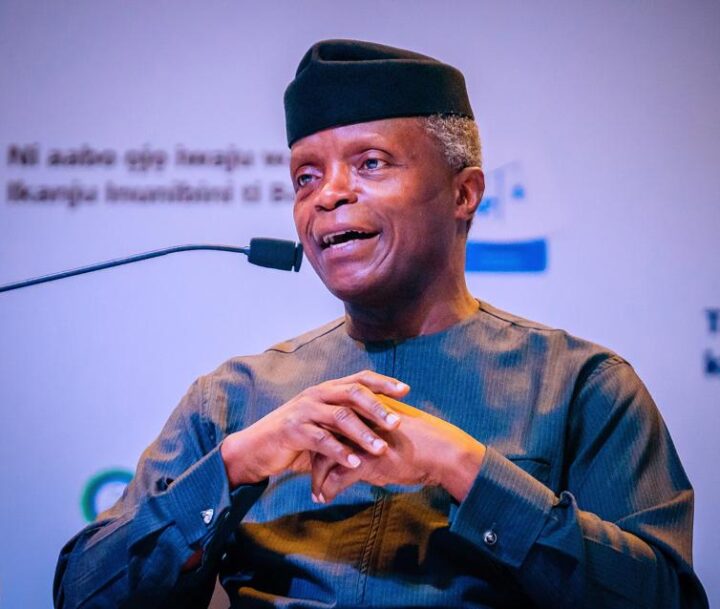The news that the National Broadcasting Commission, NBC, had suspended the licences of about 53 broadcasting stations on August 19, 2022, was shocking to put it mildly.
If you revoke 53 broadcast licences, how many viable stations would be left. Understandably, the real shock came from some of the names on the list being heavy hitters like African Independent Television, AIT, its sister radio station, Raypower FM, Silverbird TV and Rhythm FM (also owned by Silverbird Communications).
Even though it should probably have been bigger news that at least 22 of the 53 debtor broadcast organisations were owned by states like: Kogi, Kwara, Niger, Gombe, Ogun, Ondo, Rivers, Bayelsa, Cross River, Imo, Anambra, Borno, Yobe, Sokoto, Zamfara, Kebbi, Jigawa, Kaduna, Katsina, Osun, and even the Lagos State Broadcasting Corporation.
The debts from these 53 stations which according to the NBC add up to over N2.6 billion have accrued from 2015.
Advertisement
However, there were swift reactions condemning the NBC’s planned revocation of the licences of these defaulting stations. Perhaps, the strongest reaction came from the Nigerian Guild of Editors, NGE through its president, Mustapha Isah, and general secretary, Iyobosa Uwugiaren. Among other things the NGE said it was “worried because media houses, which played and continue to play a key role in the nurturing and development of democracy can’t just be off air no matter the reasons.”
No matter the reasons? They also said that “while the Guild is not against broadcast stations fulfilling their financial obligations to the NBC, we note that the current harsh operating environment that has crippled every sector in our nation was not taken into account by the NBC before its action.”
The Guild also cited the current harsh operating environment as part of what’s making it difficult for stations to meet their obligations to the NBC: “Currently, it is difficult for private stations to import broadcast equipment due to the high exchange rate. We are all aware of the high operational cost, including the cost of diesel to power their generating sets.”
Advertisement
In response, the very next day after its initial announcement, the NBC suspended the revocation of the broadcasting licences of these 53 debtor stations. Supposedly, the Commission has extended the deadline, to either August 23rd or perhaps for the next 30 days from August 20, 2022. What’s more, a court has now restrained the NBC through an interim injunction stopping the Commission from shutting down these stations. The case against the revocation of these licences was brought by the Socio-Economic Rights and Accountability Project (SERAP) and the Nigerian Guild of Editors (NGE).
From the look of things, it doesn’t look like the N2.6 billion debt is going to be paid anytime soon. I must confess to being very confused about this issue. As we can see from the above, the issue of indebtedness is not exactly a new problem.
One has to ask and wonder whether it’s because the licence renewal fee is too high? So, does this mean by extension that the NBC should reduce the fees? Or how else can this situation be settled? Carrying over debts from over 7 years cannot be helpful to the Commission.
I don’t even see how it’ll be beneficial to the stations too. I understand the arguments put forward by SERAP and the NGE about broadcasting being a means of freedom of expression and its role in the promotion of democracy and all that. But are these stations really able to enjoy much freedom of expression considering that the NBC and by extension the federal government, is their “creditor?”
Advertisement
How free can they be when they’ll always have at the back of their mind the fact that the NBC could revoke their licences at any time? There’s already so much politics attached to the relationship between the NBC and broadcasting stations to begin with.
Equally confusing is the fact that many of the defaulting stations are privately-owned. And there’s the not so insignificant fact that many of these stations are being run as businesses. How fair is this to stations who make extra effort to pay their licencing fees? In other words, what’s the incentive for the non-debtor stations to continue to pay if stations can go on for as long as 7, even 10 years without paying their licence fees? There has to be a sustainable resolution of this issue.
